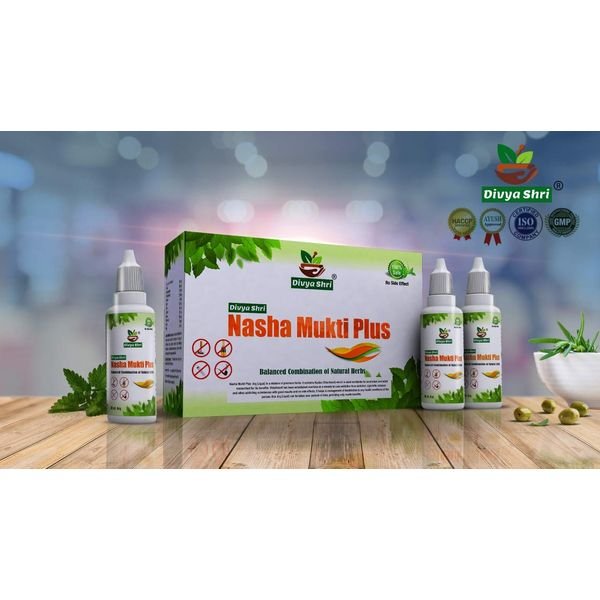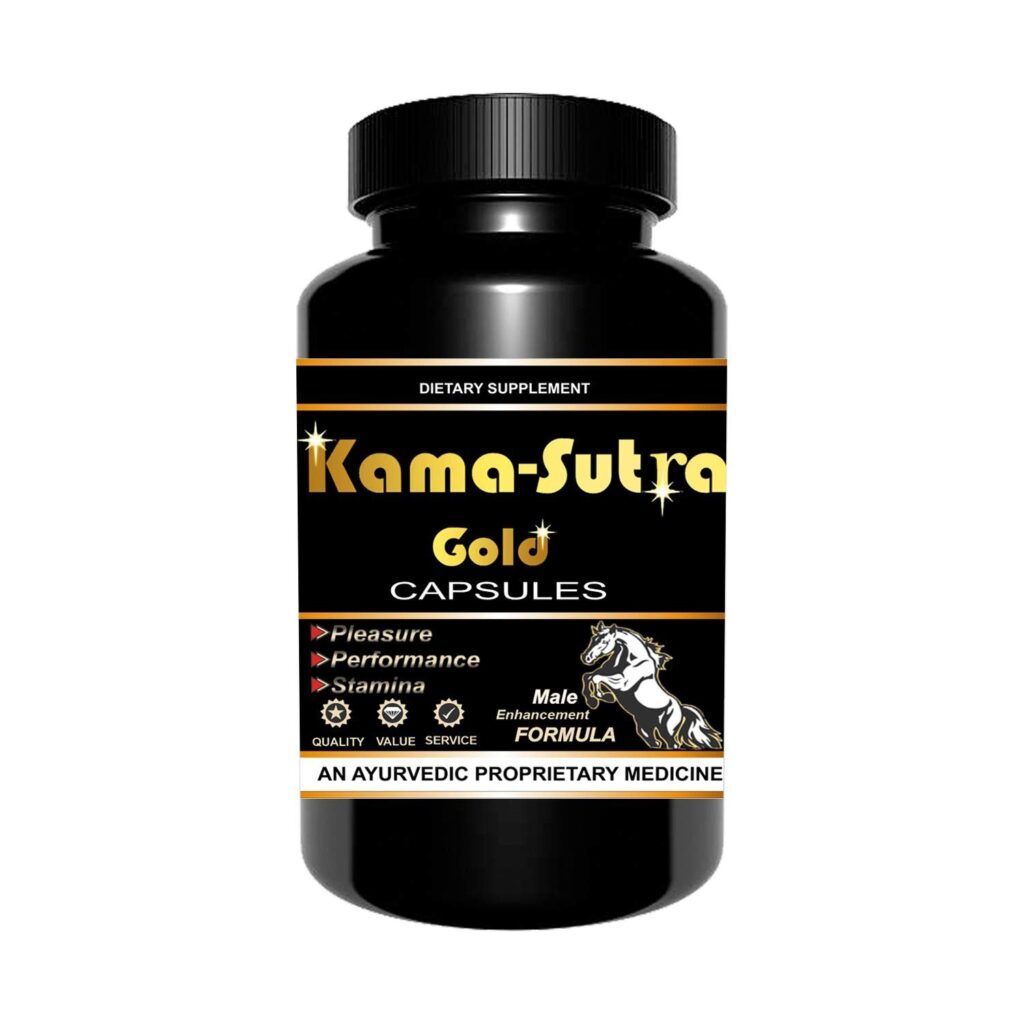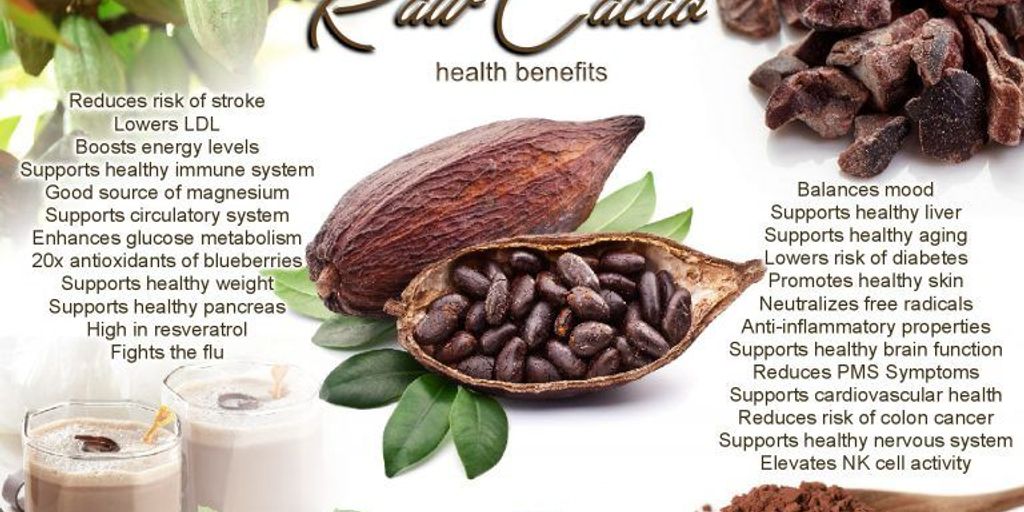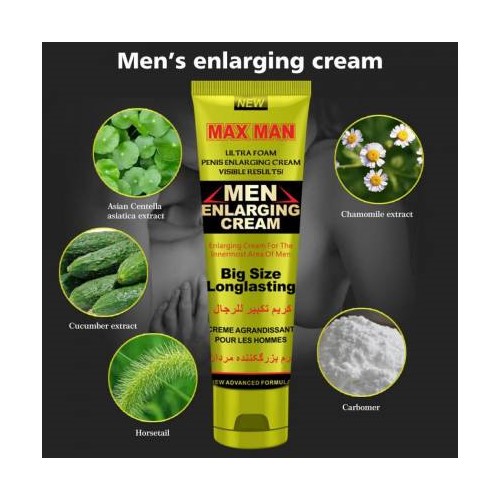Prostate stones, a condition that can cause discomfort and urinary issues in men, are often overlooked in discussions about men’s health. While medical intervention is sometimes necessary, there are effective natural strategies to prevent and dissolve prostate stones. This article delves into the nature of prostate stones and outlines a holistic approach to managing them through dietary adjustments, natural supplements, lifestyle modifications, and alternative therapies. By adopting these strategies, individuals can not only alleviate the symptoms associated with prostate stones but also improve their overall urogenital health.
Key Takeaways
- Understanding the nature of prostate stones and their symptoms is crucial for effective management and prevention.
- Dietary adjustments, including specific nutrients and proper hydration, play a significant role in preventing the formation of prostate stones.
- Natural supplements and remedies like herbal extracts, vitamins, and homeopathic treatments can aid in dissolving prostate stones and improving prostate health.
- Lifestyle modifications such as regular exercise, stress reduction, and routine medical check-ups are essential for maintaining urogenital health and preventing prostate stones.
- Alternative therapies like acupuncture, massage, and heat therapy can complement traditional treatments and provide relief from symptoms.
Understanding Prostate Stones
What Are Prostate Stones?
Prostate stones, also known as prostatic calculi, are small calcifications that form within the prostate gland. They are often discovered incidentally during examinations for other conditions and may not always cause symptoms. These stones can vary in size and number, and while some men may remain asymptomatic, others might experience discomfort or urinary issues.
Prostate stones are typically composed of calcium phosphate, though other mineral deposits can be present. The formation of these stones is not fully understood, but they are thought to be related to chronic inflammation or infections within the prostate.
- Small stones: Often asymptomatic
- Larger stones: May cause discomfort or urinary problems
It’s important to note that the presence of prostate stones does not necessarily indicate a severe health issue, but they can sometimes lead to complications if left unaddressed.
Symptoms and Diagnosis
Identifying the presence of prostate stones typically begins with recognizing the symptoms, which can range from urinary difficulties to discomfort in the pelvic area. Early detection is crucial for effective management and can prevent complications. A diagnosis is usually confirmed through medical imaging techniques such as ultrasound or CT scans.
Symptoms of prostate stones may include:
- Frequent urination, especially at night
- Pain or burning during urination
- Difficulty starting urination
- A weak or interrupted urine stream
It is essential to consult a healthcare professional if you experience any of these symptoms. They can provide a proper diagnosis and recommend an appropriate treatment plan.
While self-care strategies like the use of natural remedies can be beneficial, it is important to follow professional guidelines for safe and effective use. For instance, if considering the use of Dandayam Drops, consult a doctor before use, follow dosage instructions, and adhere to related directions for best results and to avoid potential side effects.
Causes and Risk Factors
Understanding the causes and risk factors for prostate stones is crucial for prevention and management. Age is a significant factor; as men get older, the risk of developing prostate stones increases. Hormonal changes, particularly those related to testosterone, can also contribute to stone formation.
Certain lifestyle choices can elevate the risk. A diet high in animal proteins and sodium, for instance, may increase stone formation. Obesity and a sedentary lifestyle are other notable risk factors. It’s important to recognize that individuals with a history of urinary tract infections or those who have had previous issues with kidney stones may be more susceptible to developing prostate stones.
While some risk factors like age cannot be changed, understanding and addressing modifiable risks can help in preventing the formation of prostate stones.
The following list outlines key risk factors for prostate stones:
- Aging
- Hormonal imbalances
- Unhealthy diet
- Obesity
- Sedentary lifestyle
- History of urinary tract infections
- Prior kidney stones
Dietary Adjustments for Stone Prevention
Key Nutrients and Foods
Incorporating certain key nutrients into your diet can play a crucial role in managing and preventing prostate stones. Calcium is essential, but it’s important to balance it with the right amount of magnesium to prevent stone formation. Foods rich in citrate, such as lemons and oranges, can also help reduce the risk.
- Calcium: Dairy products, leafy greens
- Magnesium: Nuts, seeds, whole grains
- Citrate: Citrus fruits
Ensuring a balanced intake of these nutrients can significantly aid in the dissolution of prostate stones and improve overall urinary health.
Remember, while dietary adjustments are beneficial, they should complement medical advice and not replace professional treatment.
Foods to Avoid
Certain dietary choices can exacerbate prostate stone formation, making it crucial to identify and avoid specific foods. High consumption of red meat and dairy products has been linked to an increased risk of stone development. These foods are often high in saturated fats and can contribute to the buildup of minerals in the prostate.
In addition to these, it is advisable to limit intake of caffeine and alcohol, as they can dehydrate the body and reduce the urine volume, leading to a higher concentration of minerals. High sodium intake should also be avoided as it can increase calcium levels in urine, which may contribute to stone formation.
Moderation is key in dietary choices to prevent the aggravation of prostate stones.
Here is a list of foods to consider limiting or avoiding:
- Red meat
- Dairy products
- Caffeinated beverages
- Alcoholic drinks
- High-sodium foods
Hydration and Its Role
Proper hydration is a cornerstone in the prevention and management of prostate stones. Drinking adequate water helps to dilute the urine, reducing the concentration of minerals that can form stones. It’s recommended to consume at least 8-10 glasses of water daily, but this can vary based on individual needs and levels of physical activity.
Hydration also aids in flushing out toxins and can help in alleviating symptoms associated with prostate stones. It’s important to monitor the color of your urine as a gauge for hydration levels; aim for a light, straw-colored urine as an indicator of proper hydration.
Maintaining consistent hydration is key, as intermittent drinking can lead to periods of concentrated urine, which increases the risk of stone formation.
Remember, while water is the best source of hydration, other fluids like herbal teas and clear broths can also contribute to your daily fluid intake. However, it’s crucial to limit beverages that can dehydrate the body, such as those containing caffeine or alcohol.
Natural Supplements and Remedies
Herbal Supplements
In the quest to dissolve prostate stones naturally, herbal supplements play a pivotal role. These natural remedies can offer relief and aid in the prevention of stone formation. Among the most commonly recommended herbs are:
- Saw Palmetto: Known for its benefits in prostate health.
- Pygeum Africanum: Traditionally used to treat urinary issues.
- Stinging Nettle: Works synergistically with other herbs to enhance urinary flow.
It’s important to note that while these herbs are beneficial, they should be used under the guidance of a healthcare professional. Excessive or incorrect use can lead to adverse effects.
Consistency is key when using herbal supplements. A disciplined approach to incorporating these herbs into your daily routine can significantly improve their effectiveness.
Always ensure that the quality and purity of the herbal supplements are verified, as the market is flooded with products of varying standards. A reputable source is essential for ensuring safety and efficacy.
Vitamins and Minerals
Ensuring an adequate intake of certain vitamins and minerals can be crucial in preventing and managing prostate stones. Calcium is often associated with stone formation; however, it’s not about eliminating calcium from your diet but rather balancing it with other nutrients. Magnesium, for instance, can help prevent the formation of stones by inhibiting the binding of calcium to oxalate, a common component of stones.
Vitamin B6 and potassium are also important as they can reduce urinary oxalate levels, which may contribute to stone formation. Here’s a list of vitamins and minerals that may aid in the prevention of prostate stones:
- Vitamin B6
- Magnesium
- Potassium
- Vitamin E
- Vitamin K
Maintaining a balanced diet rich in these nutrients can help reduce the risk of stone formation and support overall prostate health.
It’s essential to consult with a healthcare professional before starting any supplement regimen, especially if you have existing health conditions or are taking other medications.
Homeopathic Treatments
Homeopathy offers a gentle approach to treating various ailments, including prostate stones. Homeopathic remedies are tailored to the individual, taking into account their overall health, symptoms, and lifestyle. These remedies are typically derived from natural substances and are designed to stimulate the body’s own healing processes.
Homeopathic treatments for prostate stones often involve a combination of remedies. Below is a list of commonly used homeopathic remedies for this condition:
- Sabal serrulata: Known for its effectiveness in urinary symptoms associated with prostate issues.
- Chimaphila umbellata: Used when there is difficulty in urination and a feeling of a swollen prostate.
- Clematis: Indicated for intermittent urination and the sensation of a blockage.
- Conium: Helpful in cases of dribbling urination and discomfort.
While homeopathy can be beneficial, it is important to consult with a healthcare professional before starting any new treatment. Self-medication can lead to complications, especially if the underlying condition is serious.
It is also crucial to understand that homeopathic treatments may vary in effectiveness from person to person. Therefore, patience and consistent follow-up with a homeopathic practitioner are essential to determine the right remedy and dosage.
Lifestyle Modifications
Exercise and Physical Activity
Regular physical activity is essential for maintaining overall health, and it can be particularly beneficial for those looking to manage prostate health. Exercise improves blood circulation, which can help in reducing the inflammation that might contribute to the formation of prostate stones. Additionally, physical activity can aid in weight management, which is crucial since obesity is a known risk factor for many prostate issues.
Exercise routines do not have to be strenuous to be effective. Moderate activities such as walking, swimming, or yoga can have positive effects on prostate health. It’s important to find an activity that is enjoyable and sustainable in the long term.
- Start with light activities and gradually increase intensity.
- Aim for at least 150 minutes of moderate exercise per week.
- Include strength training exercises twice a week.
Consistency in exercise is key. Regular physical activity, even in shorter durations, can contribute significantly to the prevention of prostate stones and improve overall well-being.
Stress Management Techniques
Managing stress is a critical component in the natural treatment of prostate stones. Chronic stress can exacerbate symptoms and may contribute to the formation of stones by affecting hormonal balance and immune function. Techniques such as deep breathing exercises, meditation, and yoga have been shown to effectively reduce stress levels.
Relaxation techniques not only improve mental well-being but also have a positive impact on physical health. Implementing a daily routine that includes stress-reducing activities can be beneficial. Here’s a simple list to get started:
- Practice deep breathing for 5 minutes twice a day
- Dedicate 20 minutes to meditation or mindfulness practice
- Engage in at least 30 minutes of yoga or gentle stretching
Consistency in practicing these techniques is key to reaping their full benefits and supporting prostate health.
Remember, while stress management can aid in the prevention and treatment of prostate stones, it should be part of a comprehensive approach that includes dietary changes, regular exercise, and medical supervision.
Importance of Regular Medical Check-Ups
Regular medical check-ups are crucial for monitoring the health of your prostate and the effectiveness of natural strategies employed to dissolve stones. Early detection and intervention can significantly improve outcomes and prevent complications. During these visits, your healthcare provider can track the size and number of stones, as well as assess your overall prostate health.
Consistency in attending scheduled appointments allows for timely adjustments to your treatment plan. It’s important to maintain open communication with your doctor, reporting any new symptoms or changes in your condition.
By adhering to a schedule of regular check-ups, you are taking an active role in managing your prostate health and ensuring the best possible care.
Remember, while natural remedies can be beneficial, they should complement, not replace, professional medical advice and treatment.
Alternative Therapies and Techniques
Acupuncture and Acupressure
Acupuncture and acupressure are traditional Chinese medicine techniques that have been used for centuries to treat a variety of ailments. Acupuncture involves the insertion of very thin needles into specific points on the body to balance the flow of energy or life force known as qi (chi). Acupressure, on the other hand, uses gentle to firm finger pressure on these points.
Both methods are believed to stimulate the body’s natural self-healing processes and have been explored as alternative treatments for prostate stones. While scientific evidence is still emerging, many patients report relief from symptoms after undergoing these therapies.
It is important to seek treatment from a certified practitioner to ensure safety and proper technique.
Here are some potential benefits of acupuncture and acupressure for prostate health:
- May improve urinary function
- Can reduce pain and discomfort
- Helps in promoting relaxation and stress relief
- Supports overall well-being
Massage and Physical Therapy
Incorporating massage and physical therapy into your routine can be a beneficial part of managing prostate health. Massage therapy, particularly when focused on the pelvic area, may help alleviate discomfort associated with prostate stones by improving circulation and reducing muscle tension.
Physical therapy can also play a crucial role in strengthening pelvic floor muscles, which supports better urinary function and may prevent the formation of new stones. Patients should seek a licensed therapist experienced in addressing pelvic floor issues for optimal results.
- Identify a qualified therapist with experience in pelvic health
- Schedule regular therapy sessions
- Perform prescribed exercises at home for continued benefits
Consistent therapy over time can lead to significant improvements in symptoms and overall prostate health.
It’s important to note that while these therapies can provide relief, they should be used in conjunction with other treatments recommended by your healthcare provider. Various natural supplements and traditional medicines promote wellness, vitality, digestive health, and sexual wellness through Ayurvedic practices.
Heat Therapy and Its Benefits
Heat therapy, particularly through water vapor thermal therapy, has emerged as a promising approach for treating prostate issues. The Advantages of Steam Power include a minimally invasive procedure that can alleviate symptoms without the need for incisions or general anesthesia. This method utilizes the natural benefits of heat to help dissolve prostate stones and reduce enlargement.
Water vapor thermal therapy works by delivering controlled bursts of steam directly to the affected tissue. The heat from the steam helps to soften and break down the stones, making them easier to pass naturally. Additionally, the therapy can improve blood flow, reduce inflammation, and promote healing.
Patients often experience a significant improvement in urinary symptoms and quality of life following this therapy.
While the benefits are notable, it’s important to discuss with a healthcare provider to determine if heat therapy is suitable for your specific condition.
Explore the world of holistic healing with our extensive range of alternative therapies and techniques. From Ayurvedic remedies to Unani treatments, our website offers a treasure trove of natural solutions for a variety of health concerns. Whether you’re looking to maintain balance with your doshas or seeking herbal care for your skin and hair, we have something for everyone. Don’t wait to embrace a healthier lifestyle—visit our website today and discover the perfect remedy for your wellness journey!
Conclusion
In summary, addressing prostate stones naturally involves a multifaceted approach that includes dietary modifications, increased fluid intake, regular exercise, and the use of certain supplements. While these strategies may help in dissolving prostate stones and improving overall prostate health, it’s crucial to consult with a healthcare professional before starting any new treatment regimen. Remember that natural remedies can complement traditional medical treatments, but they should not replace professional medical advice. By adopting a healthier lifestyle and being proactive about prostate health, men can significantly reduce the discomfort associated with prostate stones and enhance their quality of life.
Frequently Asked Questions
What exactly are prostate stones and how do they form?
Prostate stones, also known as prostatic calculi, are small calcifications that form within the prostate gland. They are typically composed of calcium phosphate and can occur due to chronic inflammation, bacterial infection, or the stagnation of prostatic fluid.
Can changes in diet help prevent the formation of prostate stones?
Yes, dietary adjustments can play a significant role in preventing prostate stones. Consuming a balanced diet rich in fruits, vegetables, and whole grains while avoiding processed foods, excessive dairy, and red meat can reduce the risk of stone formation.
Are there natural supplements that can aid in dissolving prostate stones?
Certain herbal supplements and vitamins, such as saw palmetto, pygeum, and vitamin C, have been suggested to support prostate health and may aid in the management of prostate stones. However, it’s important to consult with a healthcare professional before starting any supplement regimen.
How can lifestyle changes contribute to the management of prostate stones?
Lifestyle modifications, including regular exercise, stress reduction, and maintaining a healthy weight, can improve overall prostate health and potentially help in managing prostate stones. These changes can also enhance the body’s natural ability to clear stones.
Is acupuncture or acupressure effective in treating prostate stones?
Alternative therapies like acupuncture and acupressure may provide relief from symptoms associated with prostate stones by improving circulation and reducing tension in the pelvic area. However, their effectiveness in dissolving stones is not well-established and should be considered complementary to conventional treatments.
Should individuals with prostate stones undergo regular medical check-ups?
Yes, regular medical check-ups are crucial for monitoring the condition of prostate stones and ensuring that they are not leading to complications. Healthcare providers can offer guidance on managing symptoms and may suggest interventions if stones are causing significant issues.











